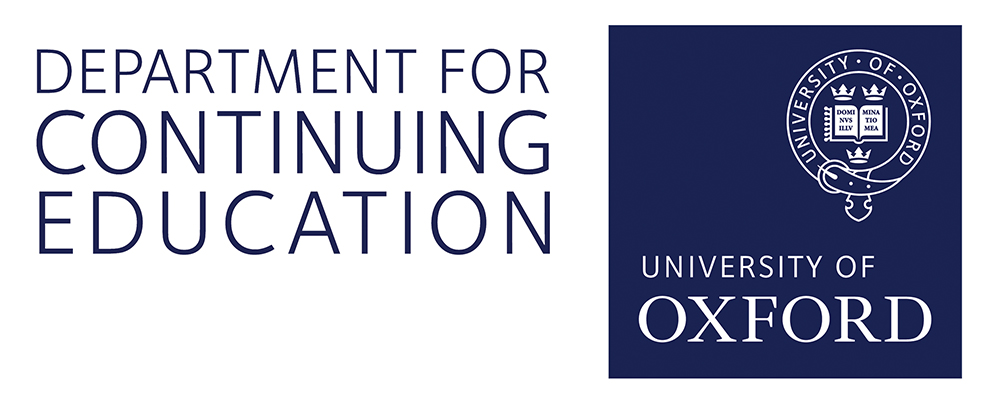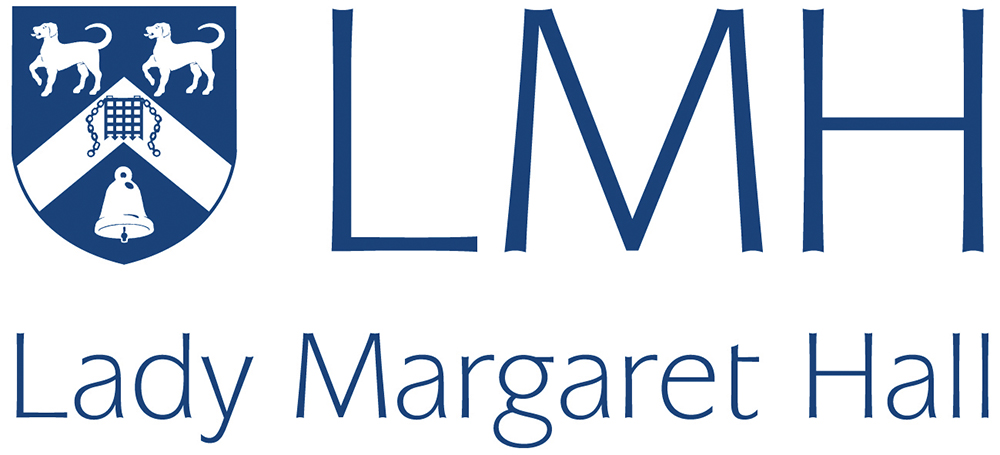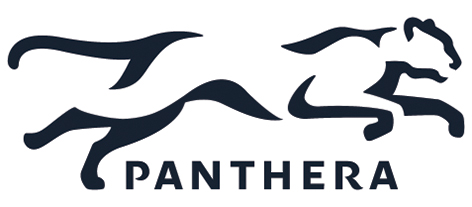Established in 2008, the Recanati-Kaplan Centre Postgraduate Diploma in International Wildlife Conservation Practice is an integral part of WildCRU’s training goals. Students are aspiring conservationists from biodiversity-rich countries, comprising the most talented and least privileged applicants who would not normally be able to attend a world-class university. 137 students from 54 countries have completed the course so far and diploma alumni have been authors on over 400 scientific papers to date.
The diploma teaches cutting-edge techniques for monitoring and management of wildlife and their habitats through five set modules. These cover wildlife ecology and behaviour, species and biodiversity monitoring, population management, habitat assessment, human populations and conservation. They are followed by a two-part customised research project where students use their own data to explore specific topics and conservation challenges. An array of practical skills are also covered – from first aid to fundraising and scientific writing. The course is residential for eight months, and typically comprises 8-10 students, meaning each receives one-to-one project supervision.
We are thrilled that WildCRU, along with the rest of our Biology Department, will soon be relocating to the brand-new Life and Mind Building in Oxford. This move represents a fantastic opportunity for our graduate students, offering fresh academic and social prospects.
However, this transition also brings some changes to our Postgraduate Diploma in Wildlife Conservation Practice. Starting from 2026, our course will begin in late September (Michaelmas Term) and run until May. Consequently, admissions for our next Diploma course will be postponed until early 2026.
Thank you for your interest. Please keep an eye on the website and reach out with any enquiries about our next course by writing to us at wildcru.diploma@biology.ox.ac.uk.
Learning outcomes
Understanding the theory behind a range of robust techniques for data collection and analysis
Learning to interpret scientific data and reports, draw conclusions and apply new knowledge to conservation action
Learning to independently plan, implement and assess research projects
Applying and adapting new skills to a range of conservation scenarios
Developing professional skills such as project management, fund-raising, proposal writing and communication
Learning how approaches from other countries can be adapted to the conservation problems in your own
Curriculum
This unique postgraduate diploma will equip you with the practical skills and theoretical understanding to enable you to contribute effectively to conservation research and action.
Applying for the Diploma
Candidates are selected based on individual merits, field experience and references.
Financial support
The are opportunities for internal scholarships and bursaries as well as externally funded positions.
The Diploma Team
The Course Director is Professor Claudio Sillero, Deputy Director of WildCRU, the Course Coordinator and Lead Tutor is Dr Egil Dröge. Dr Paul Johnson is a Senior Tutor, and Dr Jorgelina Marino is the Welfare Tutor. Professor Amy Dickman, WildCRU Director and Professor David Macdonald, WildCRU Founder are also tutors on the course. WildCRU PhD students also often collaborate on Diploma research projects and provide insight from their experience. In addition to these WildCRU members (featured below), the Diploma benefits from external colleagues who join us as guest tutors and mentors.


